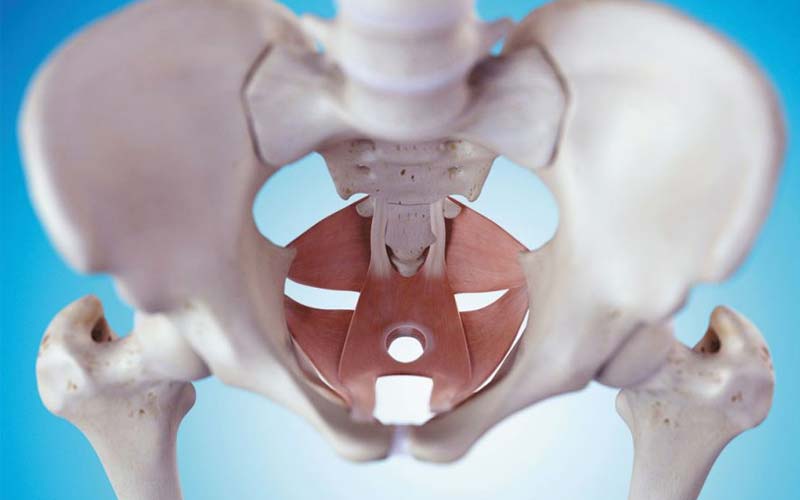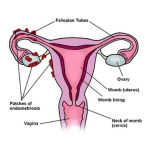The pelvic floor is a band of muscles that supports your uterus, bowel, and bladder. These muscles include vaginal muscles and muscles that control the urethra and anus. During pregnancy, your pelvic muscles work harder to carry the weight of a growing baby and can get weak. So exercising your pelvic floor during and after pregnancy will make it stronger. Pelvic strength, in turn, will lower the risk of injury during the birth and you will recover rapidly afterward.
Reasons to Get Pelvic Floor Physiotherapy:
Your uterus expands during pregnancy and your pelvic muscles bear more pressure and strain. The birth causes a lot of stretching and strain of your vaginal muscles and makes them loose. This loosening effect is due to the pregnancy hormones that soften the pelvic muscles so they cannot be strongly interconnected. This way, the baby can pass through the vaginal canal more easily. Moreover, when a giant head of the baby passes out of your small vagina, vaginal muscles stretch a lot and can even tear.
This process can also cause damage to the nerves that control these muscles. The C-section includes the surgery through multiple muscle layers that cause slower recovery and weakened abdominal wall. Hence, it is better to get pelvic floor physio as early as possible. The sooner you start your pelvic floor physiotherapy, the better it is for your pelvic strength and recovery.
Role of a Physiotherapist:
A certified pelvic floor physiotherapist will teach the right exercises before, during and after your pregnancy. Your pelvic muscles are impacted after giving birth vaginally or by C-section. The physiotherapists are trained to assess the muscle, connective tissues, and nerves that make up your pelvic floor. They do this by the internal examination of your vagina and rectum.
A physical therapist inserts the gloved finger into your vagina and asks you to contract your pelvic muscles. He/she examines and assesses how these muscles are working and plan your exercise accordingly. They can also help you prevent and treat urinary incontinence (UI). It is a condition in which you experience involuntary leakage of urine due to weak pelvic muscles. A physiotherapist teaches you how to do proper Kegels (contracting and relaxing of muscles) so that the pelvic muscles can work in a more coordinated fashion.
When to Get Checked?
During the pregnancy, the regular checkups will help you figure out how your pelvic floor is functioning. If you notice any symptoms of pelvic floor dysfunction like pain during intercourse or urinary incontinence, you can have customized physiotherapy for your condition. You should undergo a comprehensive pelvic exam four to six weeks after giving birth. This post-pregnancy examination will allow you to know your pelvic floor condition and tell if there is any symptom of urinary or fecal incontinence.
Although the pelvic issues improve when you are no longer carrying the weight of a baby in your uterus, a little urine leakage is common when you are postpartum. Its recovery can take a few days to a few weeks. But if you are still experiencing any symptoms of pelvic disorders after 12 weeks of giving birth, it’s suggested to get the help of a professional pelvic floor physiotherapist. Your pelvic floor strength is essential for your overall health.








wonderful article, useful information.